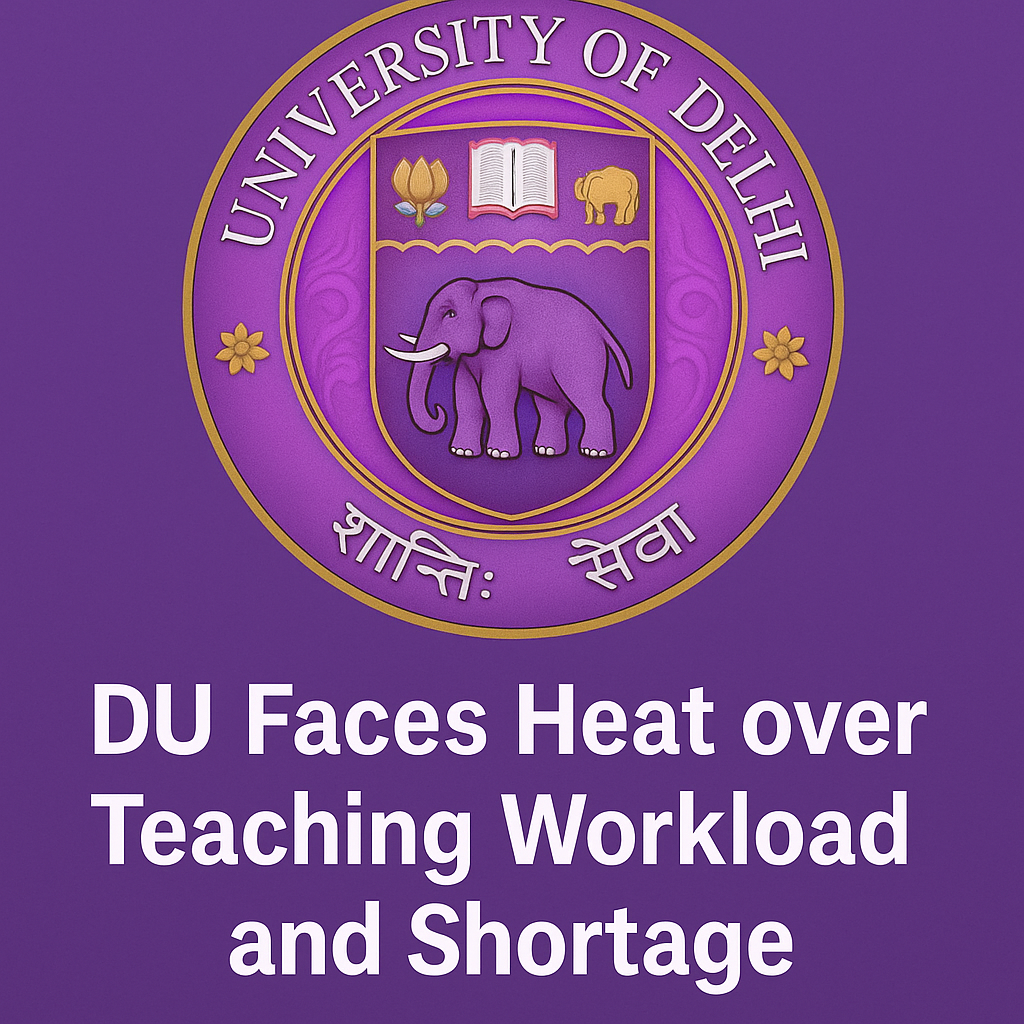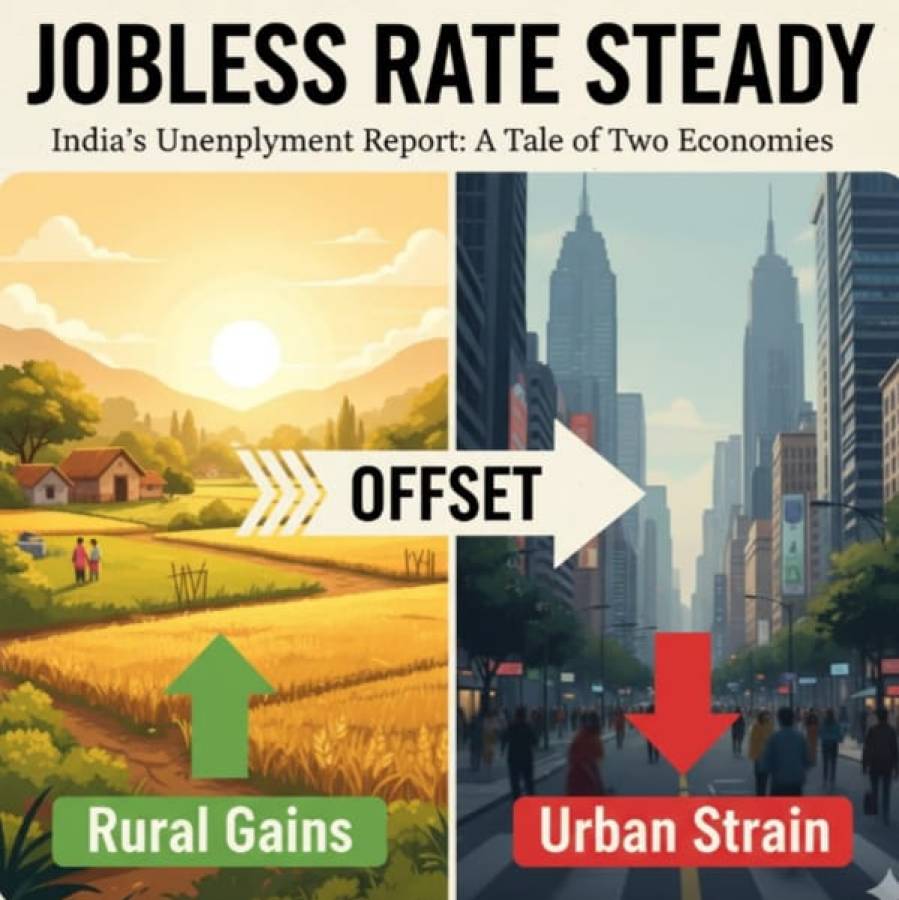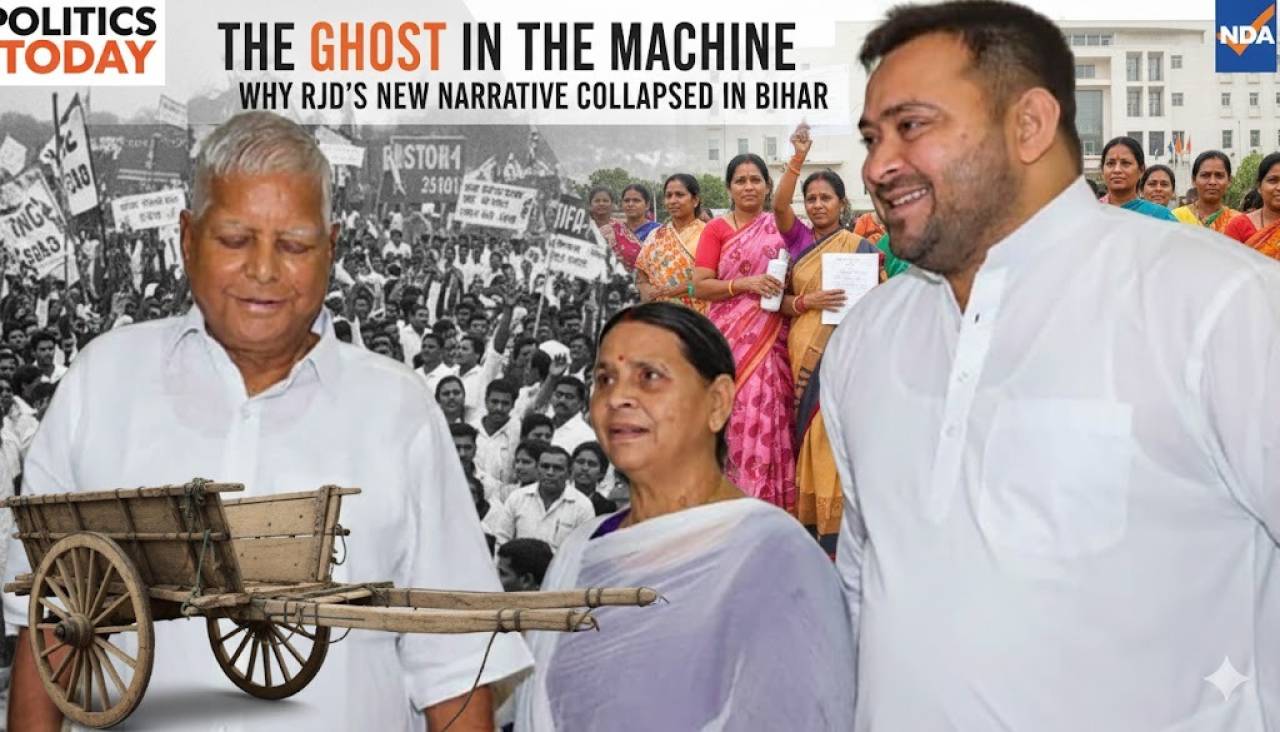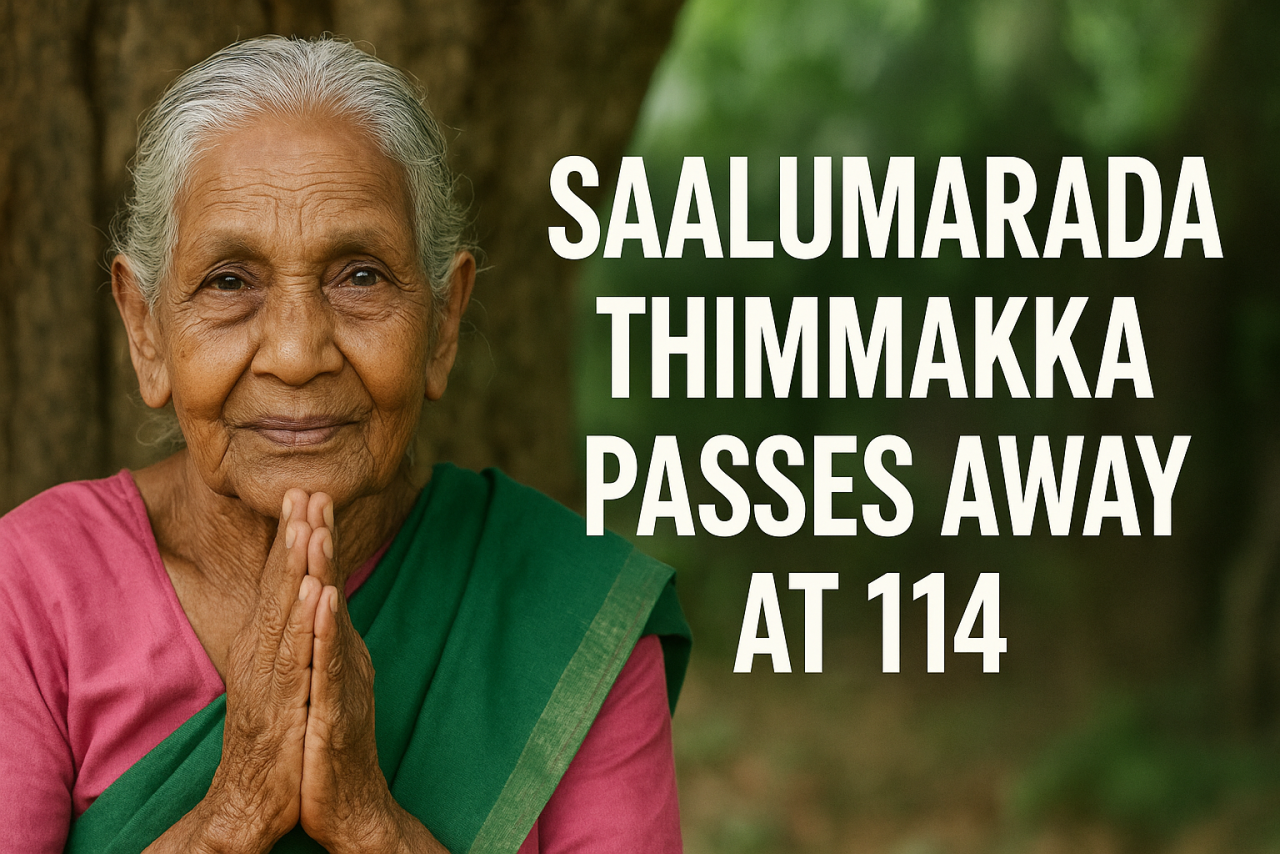
Delhi University (DU) is preparing to welcome its first batch of fourth-year undergraduate students by late July or early August. However, this step under the new Undergraduate Curriculum Framework (UGCF) 2022 has sparked serious concerns among teachers regarding staff shortage and growing teaching workload.
Faculty members from various departments have expressed that the university is moving ahead without fully evaluating its teaching capacity or infrastructure strength. The most urgent issue they raised is the gap between the number of sanctioned teaching hours and the actual hours needed now with the fourth year being added.
One senior teacher from the geography department of a reputed DU college said, “In some departments, the shortage has become critical. With the additional academic year, our teaching hours have risen sharply.” For instance, one department that earlier required around 194 to 196 hours now needs nearly 289 hours. This has led to immense pressure on existing faculty members.
To manage the extra teaching burden, DU is planning to bring in guest faculty. But this solution is not without problems. As per a 2019 guideline by the University Grants Commission (UGC), guest faculty can only be appointed against already sanctioned posts. Institutions can add up to 20% extra appointments but cannot exceed that limit. However, many colleges have already exhausted this 20% buffer. Often, when a permanent faculty member goes on maternity or study leave, a guest teacher fills the gap and is paid from the 20% limit. With the addition of the fourth year, many departments now find themselves unable to appoint more teachers due to this restriction.
Rudrashish Chakraborty, Associate Professor of English at Kirori Mal College, said, “The quota for guest faculty is already stretched. Now, with extra load, we are short of teachers and still unclear on how the fourth-year dissertations will be handled.” He also added that the university seems to be implementing an entire year’s worth of change without a detailed or structured plan.
Each of the two upcoming semesters in the fourth year will carry 22 credits. One credit of theory or tutorial equals one teaching hour, and a practical credit equals two hours. Teachers worry this will increase pressure not only due to hours but also due to the lack of clear guidelines on assessments and supervision of student research projects.
The Teaching Programme Committee (TPC), which recently met at Daulat Ram College, acknowledged these problems and instructed departments to handle the additional teaching load within their current capacities. This has caused more unrest among faculty members, many of whom believe that the university is expanding too fast without proper planning.
On the administrative side, DU Vice Chancellor Yogesh Singh has stated that students completing their third year will automatically be promoted to the fourth year unless they choose to opt out. He also mentioned that colleges are free to appoint guest faculty under UGC norms and the university will support extra funding if necessary.
Still, many remain skeptical. Abha Dev Habib, a physics faculty member from Miranda House, pointed out that if colleges are to handle another year of students, then both infrastructure and faculty strength must grow. “This is not just about lectures. The fourth year is also meant to focus on research, which requires time, guidance, and resources,” she said.
The concern from staff clearly shows that while extending the course structure may be academically beneficial, it must be supported with practical solutions to avoid putting extra burden on already overworked teachers.





















